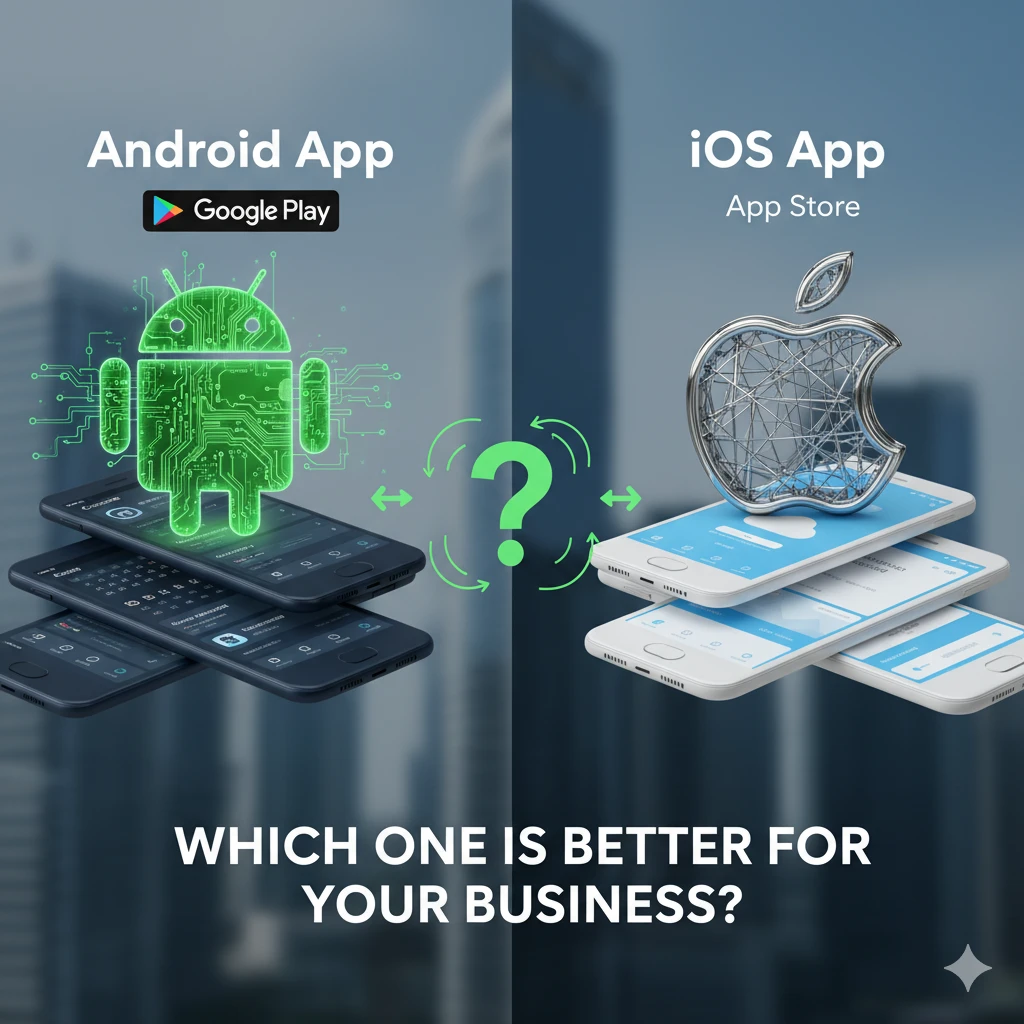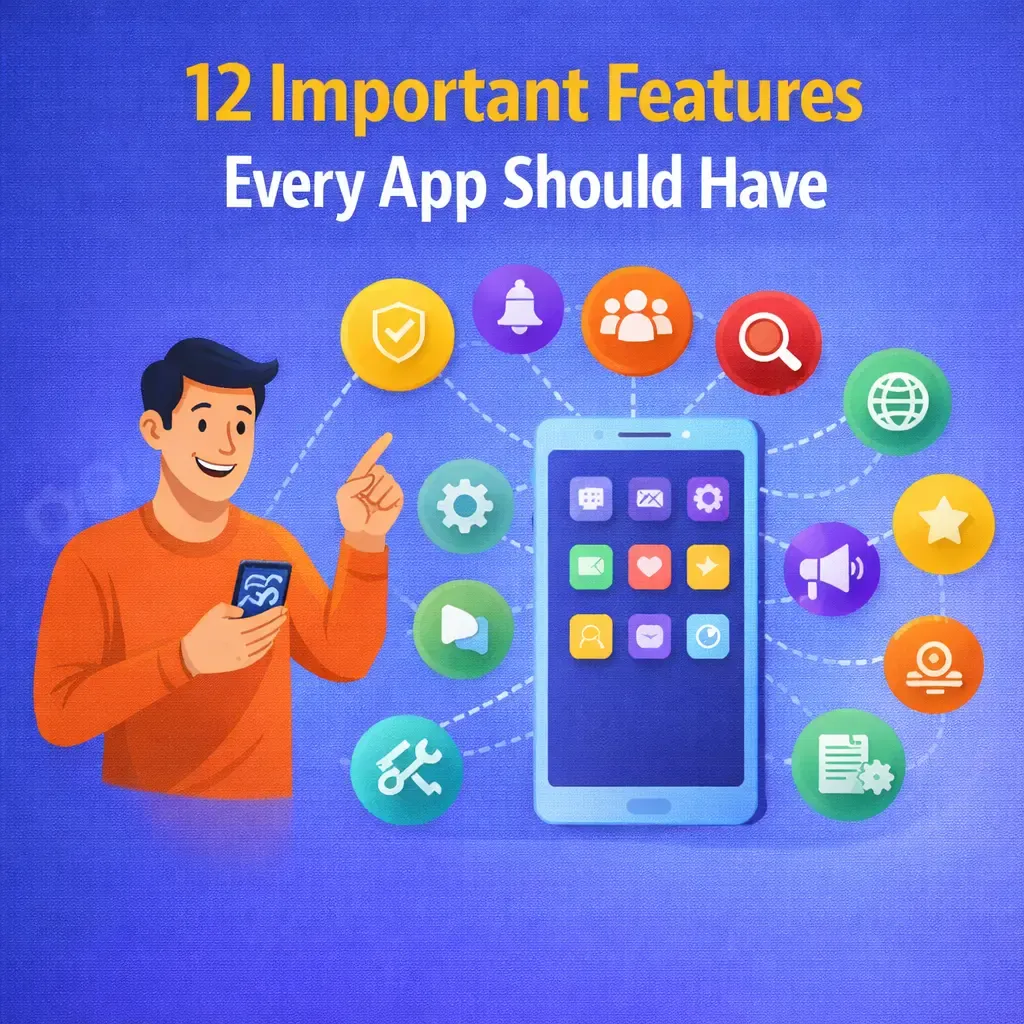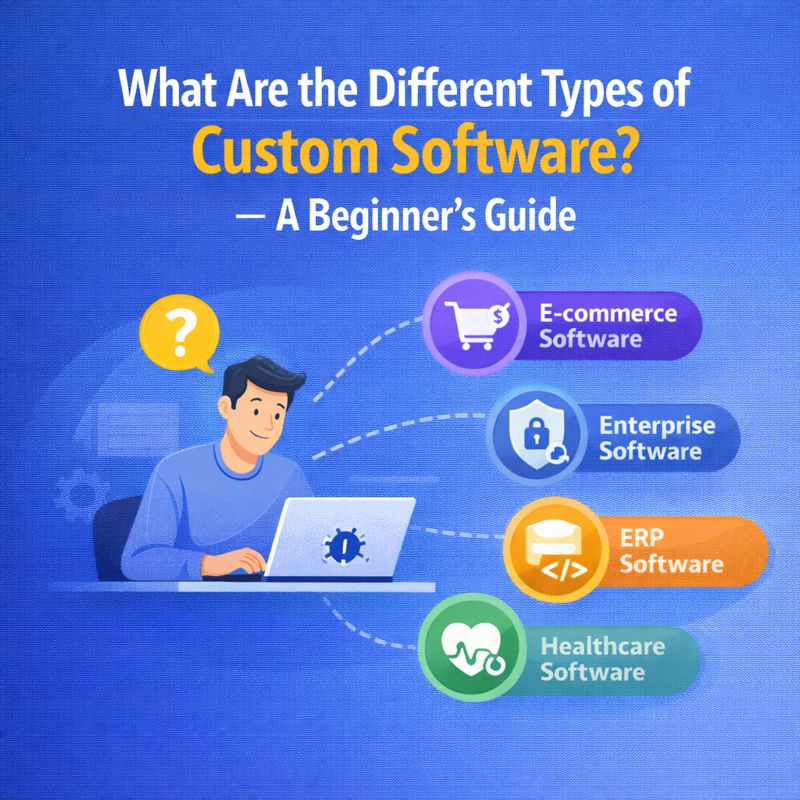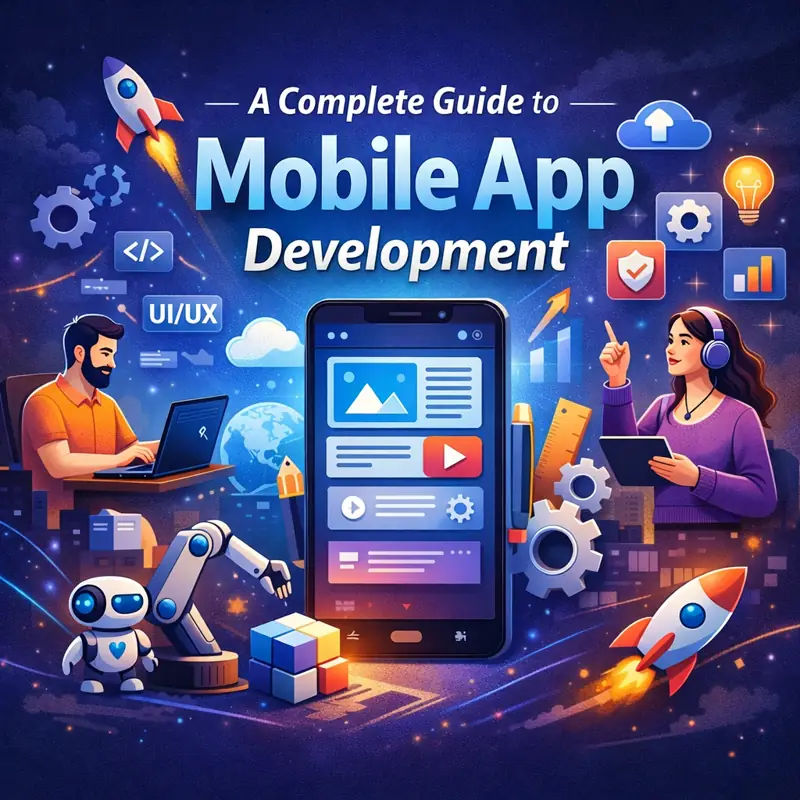Mobile apps have become the foundation of modern business growth, redefining how companies connect with customers and generate revenue. But one key question can shape your success: should you build an Android app or an iOS app? Every system has advantages, disadvantages and expenses of its cost, reach, revenue and brand image. To help you choose the best platform for your objectives, we will sort through the clutter and compare the two in this article. This blog explores the pros and cons of Android app vs iOS app, to help you make a decision that supports both growth and brand strategy.
Global Market Snapshot
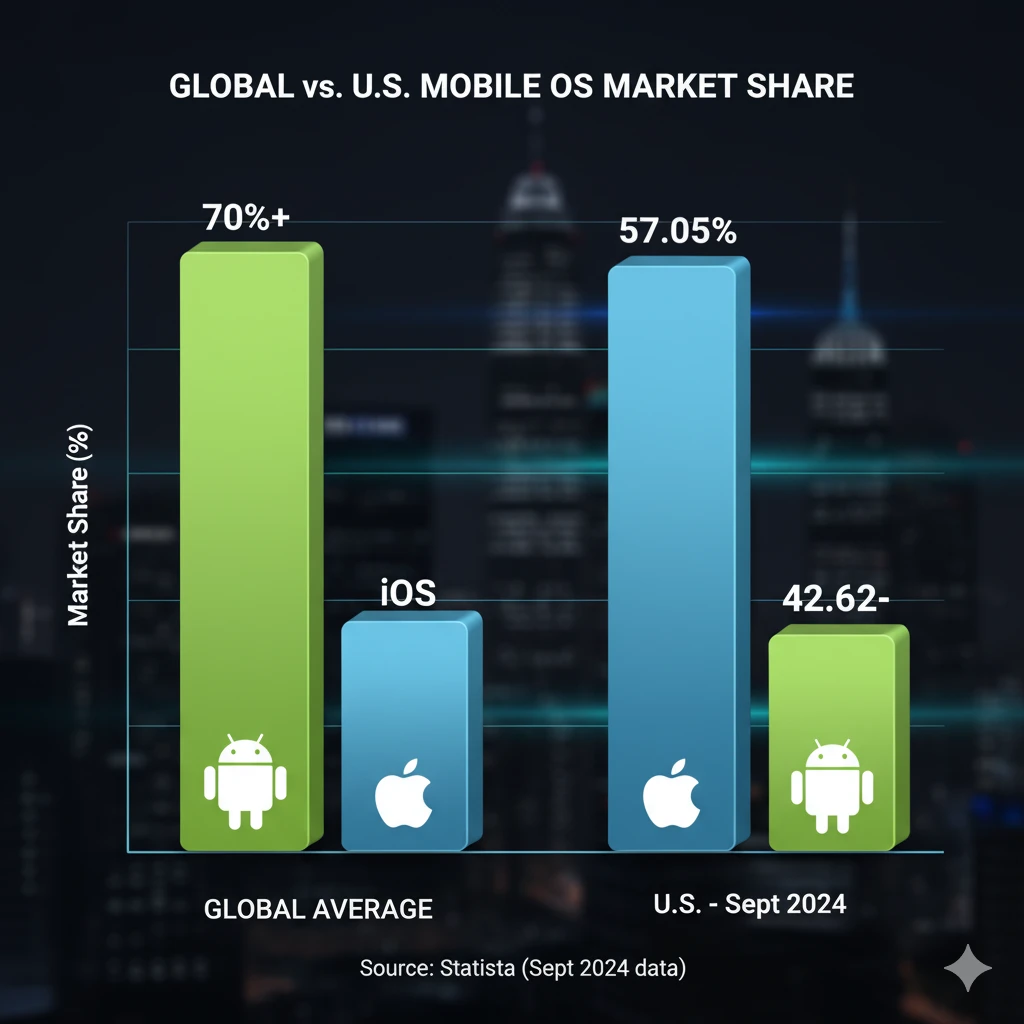
The battle between Android and iOS has defined the mobile operating system dominance for decades. According to Statista, Android market share dominates globally with over 70%, while iOS market share holds less than 30%. With 2.5 billion active global audience, Android rules in 190+ countries, including India, Brazil, Indonesia, Turkey and Iran, often exceeding 85% market share in these regions. However, the picture changes in the U.S. market, where Apple reigns supreme. As of September 2024, iOS leads with 57.05% of the market, while Android follows at 42.62%. This contrast makes understanding regional preferences vital before choosing a platform.
Business Benefits
Apps for iOS and Android each have unique business advantages depending on your company’s objectives:
- Android serves a wide range of socioeconomic classes and has a huge worldwide reach.
- iOS offers a premium brand image and raises spending per user.
Before deciding, weigh factors like target audience, development time and budget constraints, since your app’s growth trajectory will depend on the platform you select.
Development & Costs
When comparing Android vs iOS development cost and complexity, app development tools come into play:
Programming Languages
- Android: Built primarily with Java and Kotlin which are powerful but often require more coding time.
- iOS: Developed with Swift and Objective-C. Swift’s concise syntax speeds up development and is easier to learn for those with C/C++ backgrounds.
Development Tools
- Android Studio: Google’s IDE offering cross platform support, robust debugging and wide compatibility with modern PCs.
- Xcode: Apple’s proprietary IDE, limited to Mac platforms but highly efficient for iOS development.
Complexity & Time
- Android: Development takes longer due to device fragmentation (different models, screen sizes and OS versions).
- iOS: Faster to build because of device standardization across Apple products.
Cost of Development
- Android: Generally more expensive due to extensive testing across devices.
- iOS: Often more cost-effective thanks to fewer devices though initial build costs may be higher.
App Publishing
- Google Play Store: Simple process, usually approved in hours with a one-time $25 fee.
- Apple App Store: Lengthier review process with strict quality checks, requiring a $99 yearly subscription.
Audience & Goals
Target audience preferences play a huge role in platform choice:
- Android: Best for startups, SMEs and businesses seeking global reach and inclusivity across income levels.
- iOS: Perfect for luxury brands, premium services and the U.S. market, where users show higher purchasing power.
Monetization
Monetization models differ greatly between the platforms:
- iOS: Generates more app revenue from subscriptions and paid apps with Apple accounting for 76% of app subscription profits in 2023.
- Android: Excels in ad revenue due to its vast user base but sees lower direct spending from users.
Your revenue model should guide your platform choice.
User Experience
Design principles vary significantly:
- Android (Material Design): Bold colors, grid based layouts and high customization. Suited for complex, flexible apps with multitasking.
- iOS (Human Interface Guidelines): White space, depth, and minimalist UI/UX design for user-friendly navigation.
iOS app interfaces are often simpler to design and maintain consistency across devices.
Explore our latest blog post to get a detailed breakdown of the factors that influence app development cost.
Security, Privacy and Performance
Security & Privacy
- iOS: Stronger due to end-to-end encryption, regular updates and rigorous app review.
- Android: More vulnerable because of its open source nature and varied device manufacturers. Security patches are inconsistent.
Performance
- iOS: Faster processing, leading to smoother apps.
- Android: Stronger emulator tools but slower real time performance.
Integration
- iOS: Excellent cross device integration within Apple’s ecosystem.
- Android: Better suited for integration across diverse Google services and third party hardware.
Maintenance
- iOS: Easier app maintenance due to fewer devices and centralized updates. Apple provides regular security patches and consistent customer support.
- Android: Device fragmentation makes updates and support more complex. Security and bug fixes depend on manufacturers.
Which Should You Choose?
The answer depends entirely on your business goals:
Choose Android if you want global market penetration, mass reach and ad driven revenue models. Opt iOS if you’re targeting the U.S., premium users or subscription based revenue. Cross-Platform Development is another option for businesses aiming to cover both markets efficiently, offering faster deployment and unified experiences.
Conclusion
There’s no one-size-fits-all answer to the Android app vs iOS app debate. Your decision should reflect your audience, budget, and business goals. Each platform carries its own strengths and aligning them with your strategic goals will set the foundation for mobile app development.
Looking to develop the ideal app for your company? Partner with Emedia Infosoft, best app development company in gwalior. We will analyze your requirements, budget and audience to craft the perfect mobile solution that accelerates your business growth.
